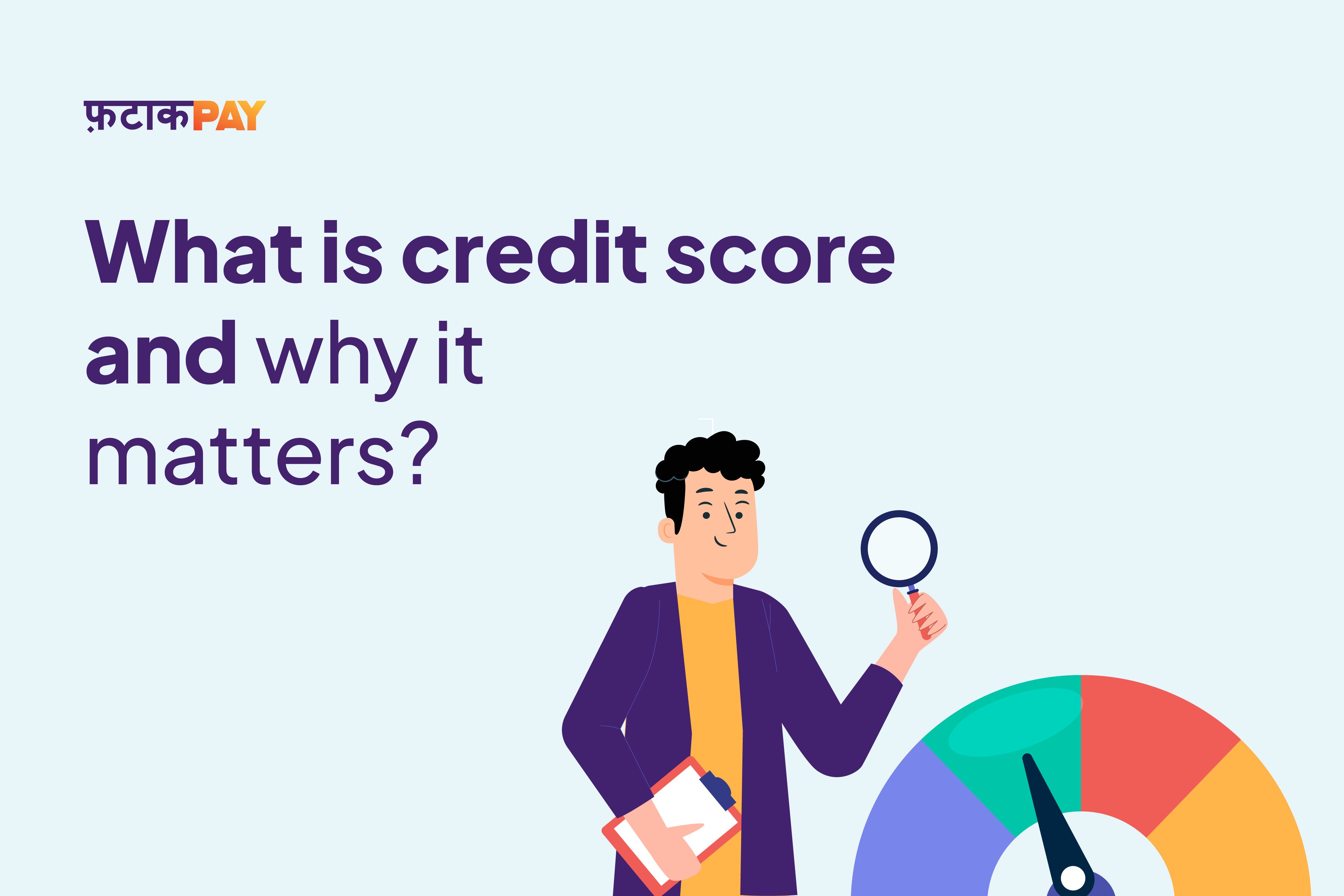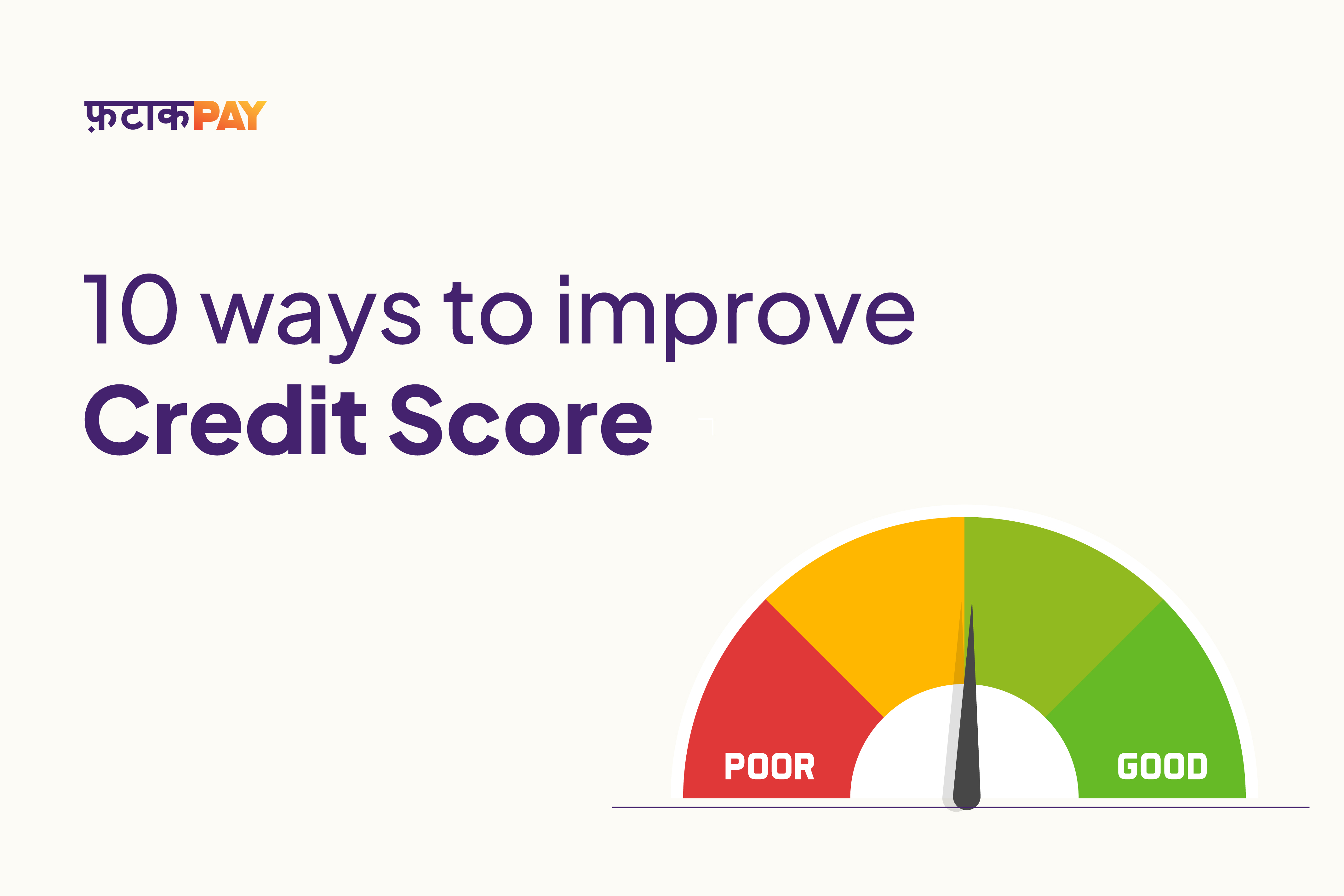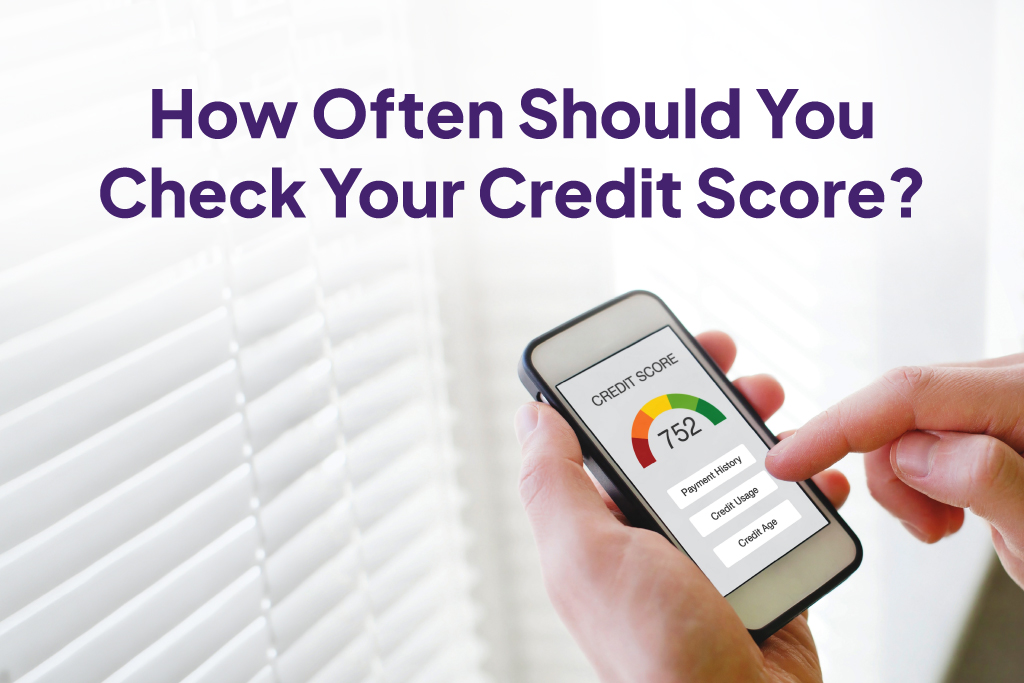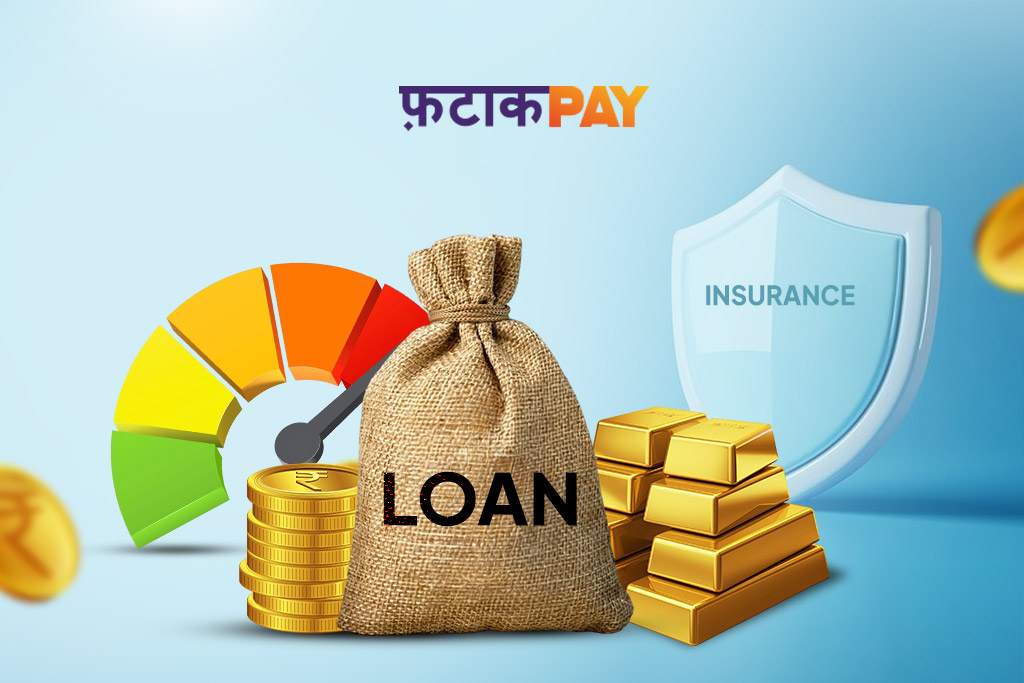In today’s digital financial landscape, a credit score acts like your financial passport, determining whether lenders trust you with a loan, credit card, or housing. This three-digit number, generated by credit bureaus, reflects your repayment behaviour, debt levels, and financial reliability. It’s essential to understand what this score really signifies and why it plays such a pivotal role in your financial journey.
What Is a Credit Score?
A credit score is a numerical representation, typically ranging from 300 to 900, of your creditworthiness. It’s calculated based on factors like payment history, credit utilisation, length of credit history, types of credit accounts, and new credit enquiries. Higher scores indicate lower risk to lenders, which often means better borrowing terms and more financial flexibility.
What Is a Good Credit Score? Is 700 a Good Credit Score?
Here’s how your credit score translates into your borrowing power:
- 300–599: Poor
- Frequent missed payments, overdrafts, or defaults
- Hard to get loans or credit cards
- Frequent missed payments, overdrafts, or defaults
- 600–699: Fair
- Some delays or high credit utilisation
- You might secure credit score for personal loan, but at higher interest rates
- Some delays or high credit utilisation
- 700–749: Good
- With a score of 700, lenders are likely to approve your loan applications
- Eligible for better interest rates and more credit options
- With a score of 700, lenders are likely to approve your loan applications
- 750–899: Excellent
- Indicates strong financial discipline
- Likely to secure the best loan terms and fastest approval, even for instant loan for low CIBIL score scenarios
- Indicates strong financial discipline
So, yes! 700 is usually considered a good credit score, giving you access to most borrowing options, including personal and emergency loans.
Scenarios in Which Credit Score Is Used
Your credit score impacts many areas of your financial life:
- Personal loans and instant loans
- Credit card applications
- Two-wheeler or car loans
- Home loans or mortgages
- Mobile and utility contracts
- Rental agreements
- Even job applications in some finance-related industries!
Essentially, whenever someone assesses your ability to repay debt or honour contracts, your credit score comes into play.
How to Check Credit Score
Stay on top of your score without affecting it. Visit the FatakPay credit score tool, enter your PAN, and view your credit report for free. Regular checks help catch errors early and inform your financial decisions.
Coming Next: 10 Ways to Improve Credit Score
For practical guidance, keep an eye out for our follow-up article: “10 Ways to Improve Your Credit Score.” You’ll find actionable steps to strengthen your score and qualify for better loan offers even with a low credit score or low CIBIL.
From Score to Security
A strong credit score isn’t just a number, it’s a powerful tool. It opens doors to credit, financial flexibility, and financial freedom. Whether you aim to take out a personal loan, secure a mortgage, or enhance your instant loan eligibility, understanding and improving your credit score is the smart first step.
Invest in your credit score today and watch it pay dividends tomorrow.
| Personal Loans by City | ||||
|---|---|---|---|---|
| Personal Loan Bengaluru | Personal Loan Thane | Personal Loan Mumbai | Personal Loan Hyderabad | |
| Personal Loan Pune | Personal Loan Surat | Personal Loan Coimbatore | Personal Loan Delhi | |
| Personal Loans by Amount | ₹60,000 Personal Loan | ₹3 Lakh Personal Loan | ₹5 Lakh Personal Loan |
|---|






